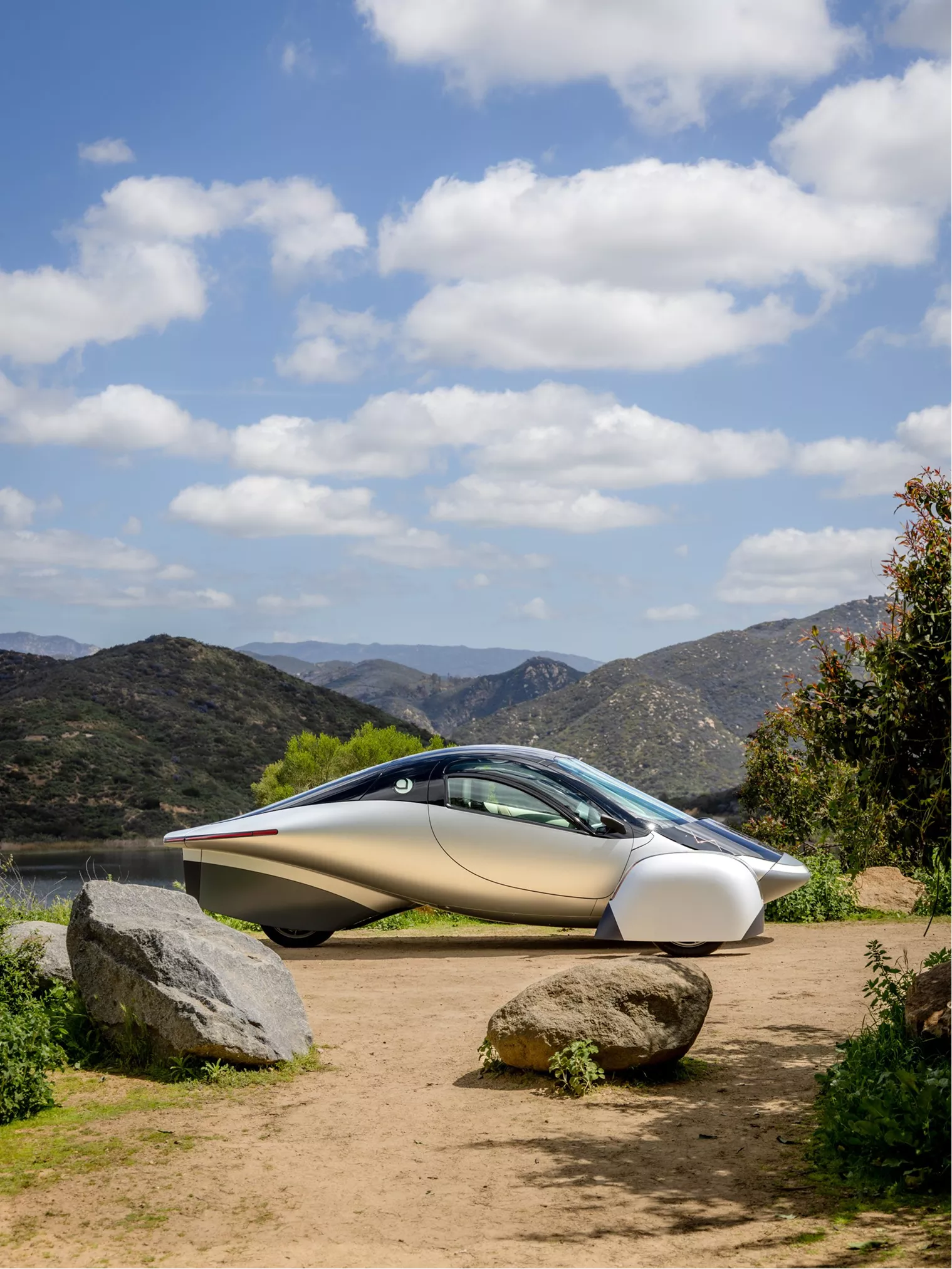






From EVs and batteries to autonomous vehicles and urban transport, we cover what actually matters. Delivered to your inbox weekly.
And it could double EV range, slash charge times, and bring prices down
While most automakers are still talking about solid-state batteries, Nissan just fired up its pilot production line.
The facility, now live at the Yokohama Plant in Kanagawa, marks a major step toward the company’s 2028 target: launching a solid-state-powered EV that costs less and drives farther than anything on the road today.
Instead of using a liquid electrolyte like current lithium-ion cells, solid-state batteries swap in a solid material. That change unlocks some wild advantages:
The first cars with these batteries are expected by April 2029, though that depends on scaling, supply chains, and a few thousand other things going right.
Nissan’s not the only player in the race; Toyota, Volkswagen, and others are pushing their own solid-state timelines. But being first to production matters.
Solid-state could:
If Nissan can pull it off, this tech could remove three of the biggest reasons people still hesitate on EVs: price, range, and charging speed.